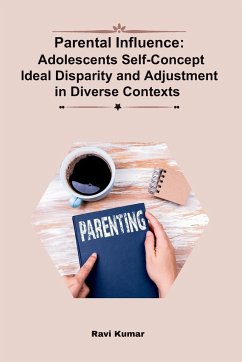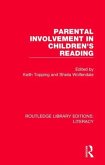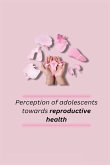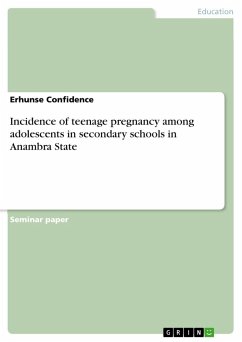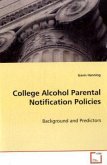Adolescence is an important developmental stage because it bridges the gap between childhood and adulthood. Adolescents' bodies, minds, and emotions all change drastically during this time. Adolescent growth is profoundly influenced by the choices and actions of their parents. Teachers, psychologists, and the general public would all benefit greatly from a better understanding of the influence parents have on their students and children in the early years. Understanding parental influence on teenage development is crucial for many reasons, and this essay dives into those reasons, examining the impact of parenting styles, communication patterns, and parental participation. 1. The Effects of Different Parenting Strategies Parenting styles are one of the most fundamental ways in which adults can have an impact on their children's growth and development. Parenting styles can be broken down into four broad categories, which were first recognized by psychologist Diana Baumrind and subsequent academics. Adolescents' actions and mental health will be affected differently by each approach. Adolescents who are raised by parents who can be described as authoritative develop a sense of autonomy and self-control. This method typically results in enhanced sense of self-worth, enhanced academic performance, and honed interpersonal abilities. In authoritarian parenting, parents place a premium on discipline and compliance to established norms. While this strategy may increase conformity, it also increases the risk of adolescent rebellion and low self-esteem. In contrast to authoritarian parents, permissive ones are more relaxed and laid-back. This approach can foster a warm home life, but it also runs the risk of encouraging adolescents to act irresponsibly and immaturely. Uninvolved and emotionally detached, this is the hallmark of neglectful parenting. Teenagers from these backgrounds generally have difficulty with self-esteem, emotional regulation, and schoolwork.
Hinweis: Dieser Artikel kann nur an eine deutsche Lieferadresse ausgeliefert werden.
Hinweis: Dieser Artikel kann nur an eine deutsche Lieferadresse ausgeliefert werden.

